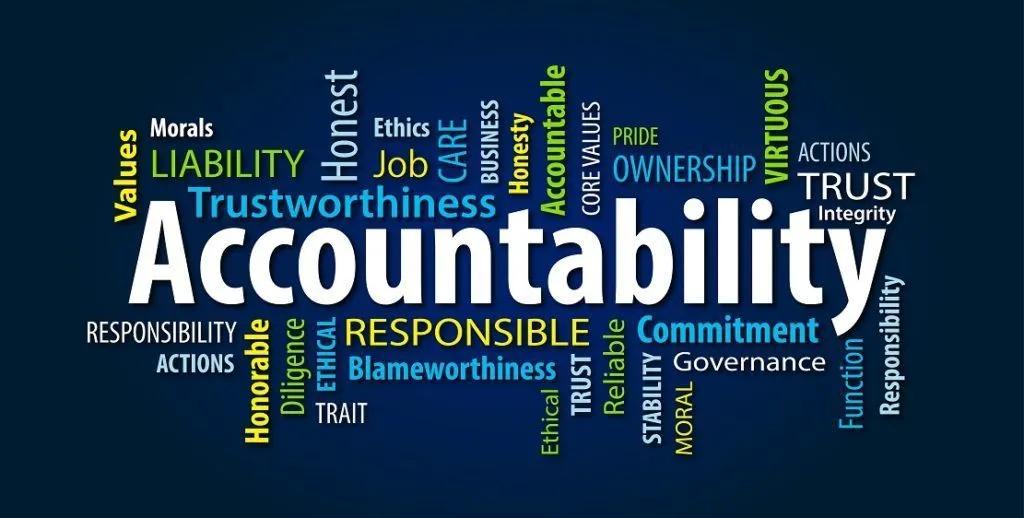By Abdul-Hakim Shabazz
Last November, I did something most people in politics only talk about: I held someone accountable.
I sued a failed congressional candidate who called me a pedophile. You read that right. Not a critic, not a heckler—a grown man, running for federal office, accused me of one of the most vile things you can say about someone. I took him to court. I won. And I didn’t just win—I got a $400,000 judgment. It’s public record. Now later this same candidate was sentenced to 90 day s in prison for filing fraudulent campaign finance reports, The Federal Minimum security facility in Northwest Illinois now has a new resident. That part of my home state is lovely this time of year.
Of course, I don’t expect to collect the full amount—he’s broke, and commissary ramen isn’t exactly liquid currency. But for those unfamiliar, there are platforms out there—yes, real ones—where judgments can be bought and enforced by professionals who do this kind of thing for a living. One man’s slander is another firm’s asset. Just business.
Fast-forward to 2025, and I’ve got three active defamation lawsuits spinning through Indiana courts like bad sequels to a courtroom drama. In one, I was accused of perjury. In another, a defendant claimed I committed felony campaign violations. And in the third, that same disgraced congressional candidate—now serving time for filing fake campaign finance reports—decided to leave a little parting gift on his way to federal prison. One of his last acts before heading off to lockup was to go online and call me the “P-word.” So I sued him. And in about 10 days, I’ll very likely be sitting on a default judgment.
You’d think a guy staring down federal time would develop better judgment, but here we are. And yes, in case you’re wondering—I had him served in prison. That’s called efficiency. Now I know what you’re thinking. Isn’t this just petty? Aren’t you just litigious? Come on, Abdul—be honest—you’re just doing this for the money.
Look, if I wanted quick cash, I’d be chasing ambulance cases or selling overpriced webinars to people who should know better. Or I’d open a gift shop in the Statehouse and sell bobbleheads of myself. I’d make a killing—mostly because they’d get used for target practice.
But I digress. To quote Captain Jean-Luc Picard: “The line must be drawn here—this far, no further.”
That’s exactly what this is. A line. Because somewhere along the way, people started confusing “free speech” with “free pass to lie.” And I’m here to remind them that defamation isn’t protected speech—it’s a civil wrong. And civil wrongs come with civil consequences.
And guess what? The governor’s office, the mayor’s office, the political establishment, the business class—they’re all watching this unfold. You don’t take a swing at a journalist-turned-lawyer with a 30-year paper trail and a decent win record in court and expect to walk away without a scratch.
These aren’t just random lawsuits. They’re a message—to the cabal of cranks and keyboard warriors who think they can harass, lie, and bully their way into relevance. It’s a message to the political operatives hiding behind sock accounts. And it’s a warning to the so-called “anti-establishment” crowd who think accountability is only for other people.
But let’s be honest—we’re partially to blame for this. When these folks first showed up, we thought they were just a little kooky but harmless. Maybe even decent people who just wanted to get involved. Then one day, they said something that made you pause. Something off. Something ugly. But you brushed it off.
Then it got worse. And worse. And worse. Until suddenly, the inmates were running the asylum.
And speaking of inmates—see what I did there?
At some point, we all have to grow up. And growing up means learning there are consequences—sometimes legal ones—for your actions.
I know I’ve ruffled feathers. Some of the same folks who quietly cheered when I exposed corruption in both parties are now biting their nails, wondering if they’re next. Some of my critics will spin this as a vanity project. Let them. Because here’s the truth:
I’ve spent my career defending institutions—courts, elections, journalism—even when it wasn’t popular. I’ve filed APRA requests and exposed misconduct on both sides of the aisle. And now, I’m defending myself the same way I’ve defended others: with facts, with law, and with receipts.
And the irony? All this drama—every ounce of it—could’ve been avoided with one awkward handshake, a scotch, and a seat at Hyde Park where everyone walking in the door could see us squashing the beef. Instead, they doubled down.
Now? The grown-ups are at the table. The rod has been spared too long. And these spoiled children are about to learn the hard way. How that lesson is taught will be up to them.
So if you’re watching this all play out and thinking, finally, someone’s pushing back—yeah, I am.
This is what accountability looks like.
And for anyone still chuckling behind sock accounts or whispering “he won’t collect,” just remember: courtrooms aren’t the only venue where consequences happen anymore. Some folks get served lawsuits. Others get scooped up by companies that specialize in turning civil judgments into long-term investments.
I didn’t start any of this, but I am going to finish it.











